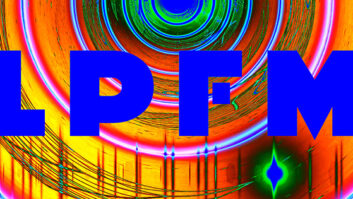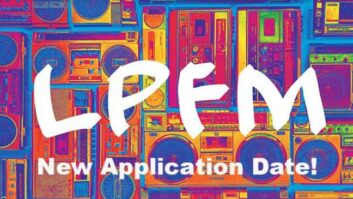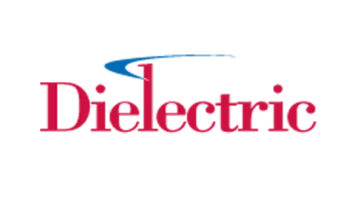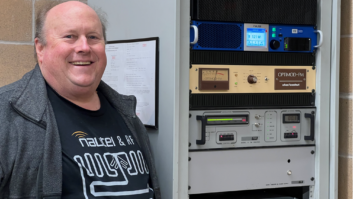Based on tests conducted in 2007 on WKCI(FM), in Hamden, Conn., Clear Channel Radio says its results offer real-world evidence that NPR’s proposed interim FM IBOC power increase is “technically flawed” and “not supported by the actual operation of digital stations.”
In reply comments filed with the Federal Communications Commission July 17 about the FM IBOC elevated power issue, Clear Channel says it performed tests with the station digital power level at –10 dB and licensed operation at –20 dB and did not receive “a single complaint of interference from other stations or the public.”
The NPR compromise model, on which RW has reported, is too conservative, says EVP Distribution Development Jeff Littlejohn, and should not be used to “stifle the power increase” requested by the so-called Joint Parties, a group of mostly commercial broadcasters and four transmission manufacturers. He claims under NPR’s model, increasing the digital power on WKCI would cause interference to two first-adjacent Class Bs.
The Joint Parties support an immediate voluntary digital power increase of 10 dB, or at least an interim increase of 6 dB. NPR says rather than an across-the-board increase, the commission should consider distance separations and facility size in ways appropriate to the commercial and non-commercial band.












